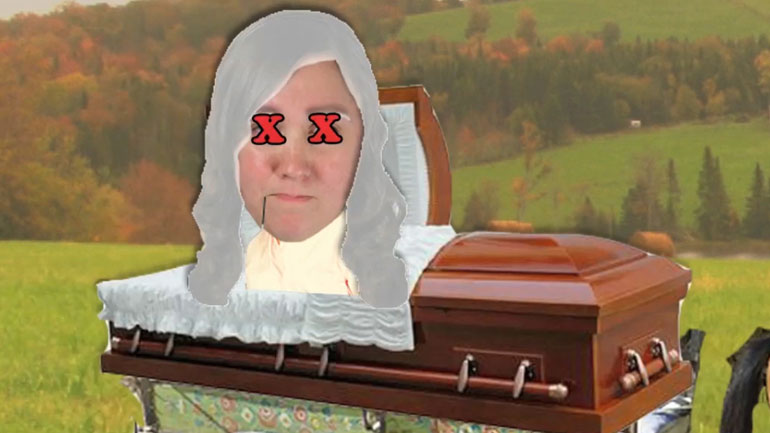ShmoopTube
Where Monty Python meets your 10th grade teacher.
Search Thousands of Shmoop Videos
Poverty Videos
Play All
This video summarizes the play A Raisin in the Sun. It discusses the Youngers, members of an African-American family trying to better themselves wh...
A family goes on a quest to bury their family member. Yeah, sounds simple...except it never is. ‘Cause mom’s dead, and people have issues which...
One minute, we're crying out of sadness; the next thing you know, we're crying out of laughter. Arnold's diary puts ours to shame. Excuse us while...
We know that snacking on some dry raisins in the beating hot sun doesn't sound like the most appetizing thing in the world. But stick with us and y...
In order to understand Arnold's diary, you'll have to speak his language—cartoons. Huh, now that we say it out loud it doesn't sound too difficul...
The house may be bleak, and so will your social life when you take on this epically long novel. Dickens is pretty hip, though, so you'll earn some...







